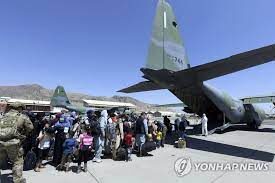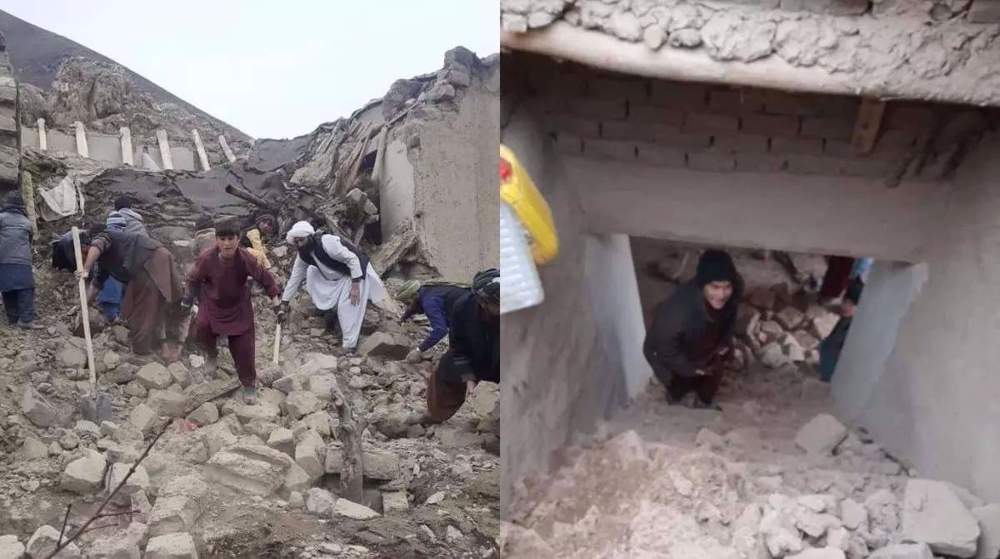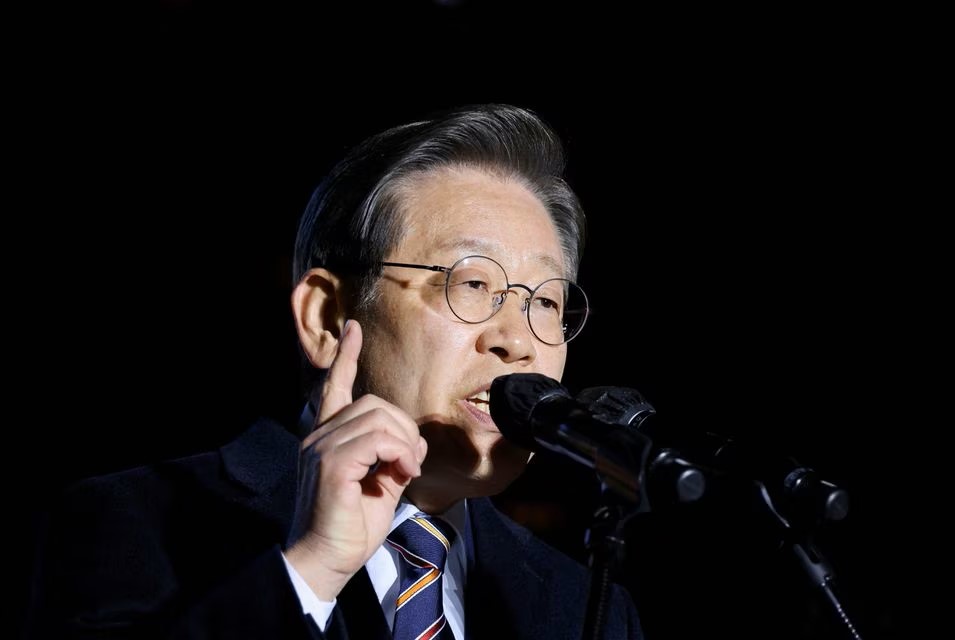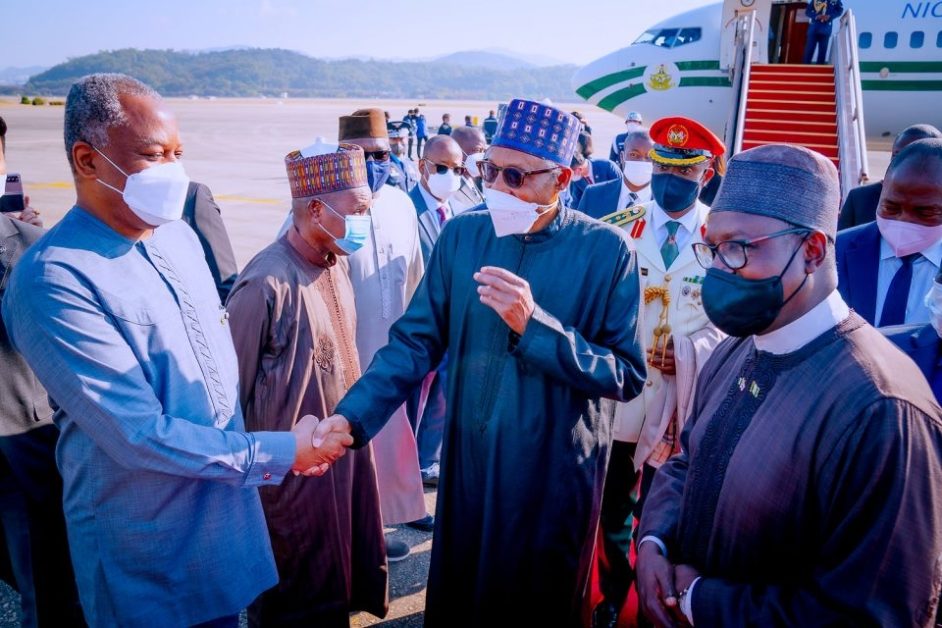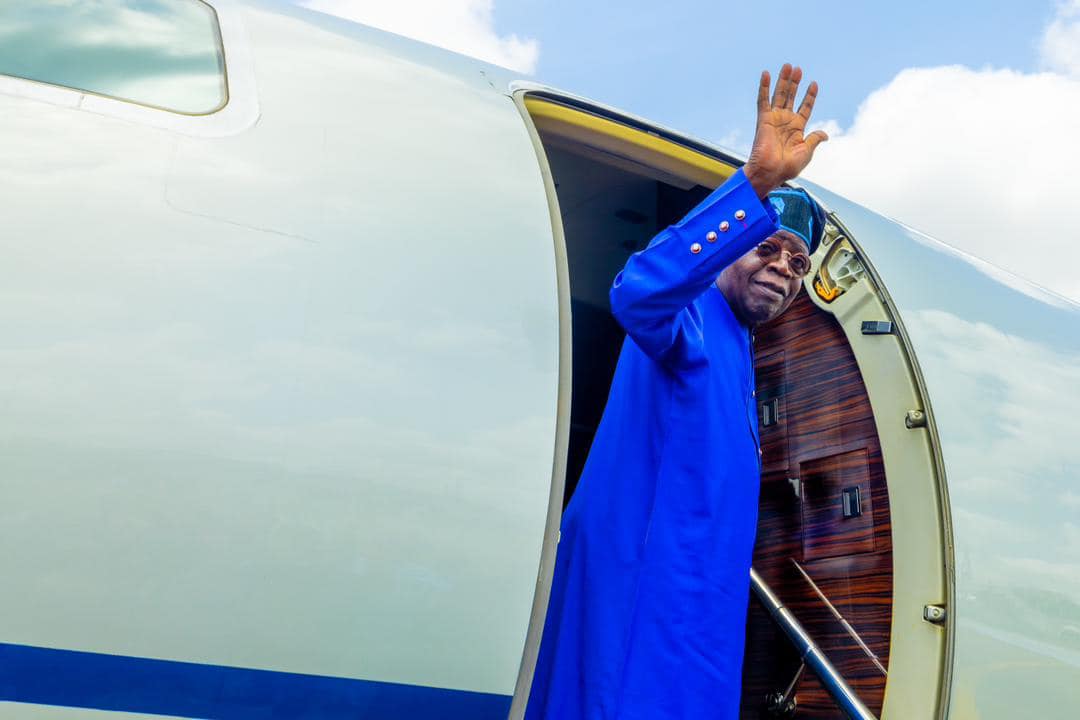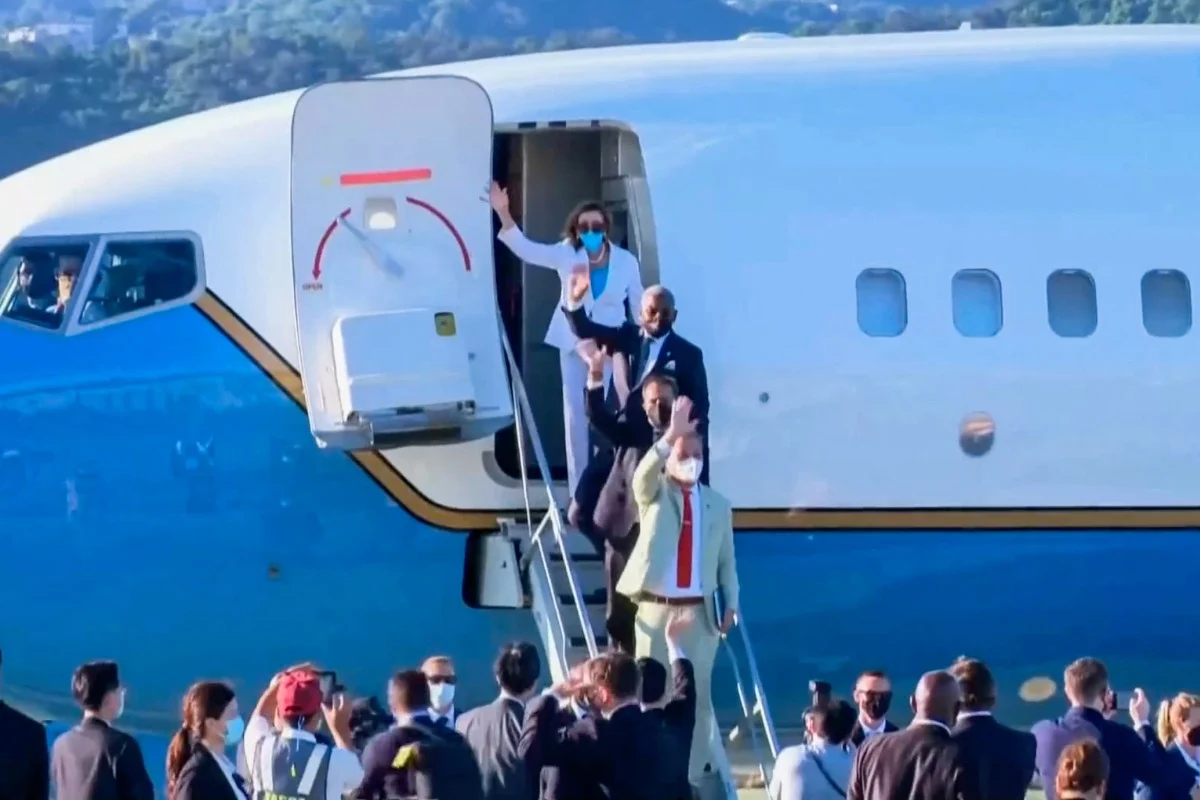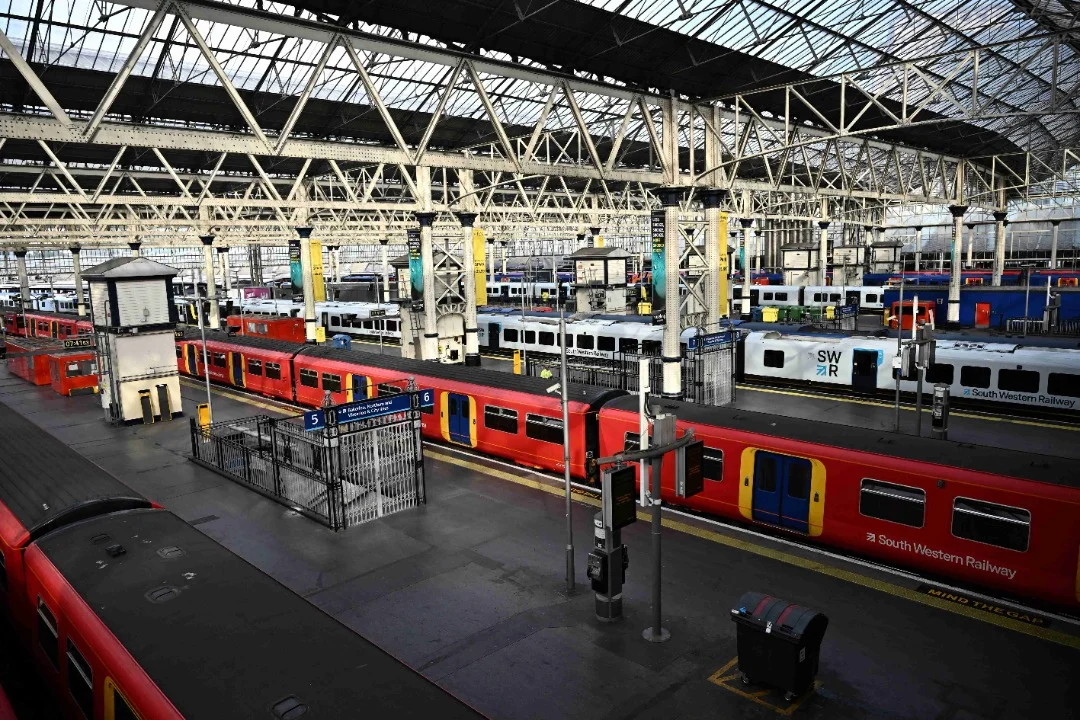No fewer than 378 Afghans arrived in South Korea on Thursday as part of Seoul’s efforts to evacuate local co-workers of the country’s embassy and other facilities in the war-torn nation after the Taliban’s seizure of power.
A KC-330 tanker transport aircraft carrying the evacuees landed at Incheon International Airport, west of Seoul, at 4.24 p.m, after departing from the Pakistani capital of Islamabad early in the morning, the foreign ministry said.
Of a total of 391 people to be airlifted, 378 were on board, while the 13 others are expected to depart for South Korea on a separate military plane, according to officials at the foreign and defense ministries.
“Of course, we tried to get everyone on board, but it was difficult given the aircraft status and other circumstances,’’ a foreign ministry official said on condition of anonymity.
“Thirteen people, or three families, remain in Islamabad, and the 378 others to arrive on the first plane.’’
About half, or some 180, of the total evacuees were under the age of 10, including 100 infants, a defense ministry official said, adding that the evacuees comprised 76 families.
The evacuees were medical professionals, vocational trainers, IT experts and interpreters who worked for Korea’s embassy, now-closed hospitals and a job training centre that were run by the country’s overseas aid institution, KOICA.
The evacuees had first been airlifted to Islamabad from Kabul on Monday and Wednesday.
The Afghans would be coming in not as refugees but as “persons of special merit” and be granted short-term visas, which will switch to longer-term ones, allowing them to find jobs.
Upon arrival, they would be tested for COVID-19 and be placed under quarantine at a government-designated facility in the provincial county of Jincheon, 91 kilometers southeast of Seoul.
They would also undergo screening again to confirm their identities.
The evacuation got under way after Seoul temporarily closed its embassy and evacuated its diplomatic staff to Qatar, as the security conditions worsened amid the ongoing pullout of U.S. troops and the Taliban’s return to power.
Announcing the operation, codenamed Operation Miracle, South Korea has stressed its moral responsibility to help the Afghan people facing serious security risks after the Taliban took over Afghanistan.
After the U.S. started the war on terror in Afghanistan in 2001, South Korea conducted various military and relief operations, including Provincial Reconstruction Team (PRT) activities from 2010-14.
The PRT offered medical services, aid for agricultural development, and vocational and police training.
“The success of the Operation Miracle was possible thanks to full cooperation from our U.S. ally,’’ the defense ministry said in a release.
The U.S. provided its military aircraft to transport South Korean embassy officials from Qatar to Kabul, and promptly granted prior permission for South Korean military planes’ take-off and landing at the Kabul airport.
“The defense ministry will continue cooperation for the Afghans’ stable resettlement in the country, providing our logistics resources or medical support when necessary,’’ it said. (Yonhap/NAN)

